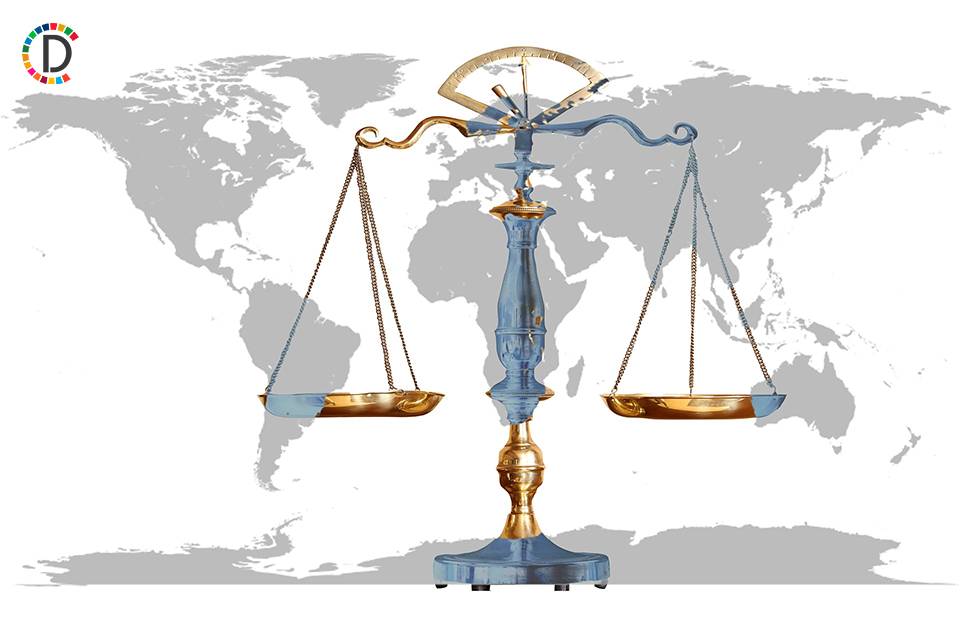G20 Climate Standoff: A Harsh Reality for Developing Nations
G20 leaders have not strongly supported a new climate finance package for developing nations. While reaffirming commitment to multilateralism, key issues like fossil fuel transition and climate finance remain unaddressed. Experts argue for detailed commitments and criticize restrictive trade practices impacting vulnerable countries amid climate talks.

- Country:
- Azerbaijan
The recent G20 meeting has left climate experts underwhelmed with the lack of strong support for a new finance package aimed at bolstering climate action in developing countries. Despite the 20 richest nations, responsible for a significant share of global emissions, reiterating their commitment to multilateral frameworks, debate stirred over the absence of concrete steps forward.
Concerns have risen as the withdrawals of the US and Argentina from the Paris Agreement inject uncertainty at ongoing climate discussions in Baku. Moreover, the G20's opposition to so-called unilateral trade practices like the EU's Carbon Border Adjustment Mechanism is seen as a pivotal stance for the developing world, emphasizing the necessity for inclusive climate policies.
Critics point to substantial gaps in the G20's declaration, notably its silence on critical issues such as transitioning away from fossil fuels and securing resources to manage climate-induced losses. Apprehensions about these shortcomings continue to mount with COP29 talks looming, urging the international community to ensure climate justice isn't sidelined.
(With inputs from agencies.)
ALSO READ
COP29 Tensions: China's Call for Talks on Trade Measures
Global Leaders Steer Clear of COP29 Amid Political Shifts
Major World Leaders Opt Out of COP29: What It Means for Global Climate Talks
Von der Leyen Skips COP29 for Crucial EU Duties
Nuclear Power Gains Momentum: COP29 in Baku to Showcase Role of Nuclear Energy in Global Net-Zero Future










